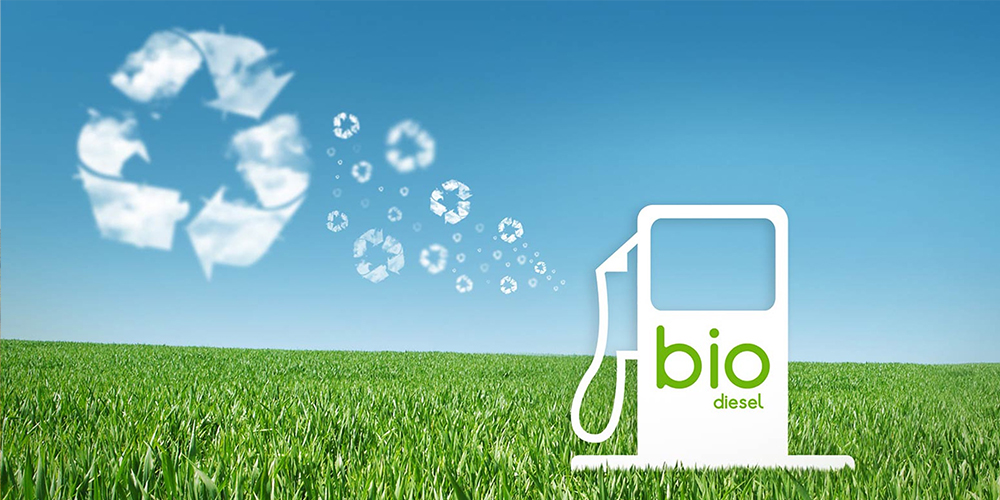
APAC Biofuels Landscape
With net-carbon neutrality targets at the front and center of governmental and institutional agendas, we have observed a growing demand for talent particularly within the ‘transitionary fuels’ arena namely Gas, LNG, and Biofuels. In this month’s newsletter, I will be sharing a few themes/observations as relates to the APAC Biofuels landscape. Trends in Asia…
Trends in Asia Pacific Biofuels:
- Increasing Demand: The Asia Pacific region is experiencing a growing demand for biofuels due to factors such as rising energy consumption, concerns about energy security, and efforts to reduce greenhouse gas emissions. Countries like China, India, Indonesia, and Thailand have implemented policies and targets to promote biofuel production and usage.
- Feedstock Diversification: There is a shift towards diversifying feedstock for biofuel production in the region. While traditional feedstocks like palm oil, corn, and sugarcane are still prevalent, there is a growing interest in non-food crops, agricultural residues, and waste materials. This diversification helps reduce competition for food crops and addresses sustainability concerns.
- Advanced Biofuels: The development and adoption of advanced biofuels are gaining momentum in the Asia Pacific region. Advanced biofuels, such as cellulosic ethanol and biodiesel from algae, offer higher yields and better environmental performance compared to conventional biofuels. Governments and private companies are investing in research and development to scale up advanced biofuel production.
- International Cooperation: There is a trend of increased international cooperation in the biofuel sector within the Asia Pacific region. Countries are forming partnerships and collaborations to share knowledge, technology, and best practices. Regional organizations, such as the Asia-Pacific Economic Cooperation (APEC), are facilitating dialogue and cooperation among member economies.
Recent Challenges:
- Feedstock Availability and Sustainability: One of the major challenges is ensuring a sustainable and sufficient supply of feedstock for biofuel production. Balancing the demand for biofuels with food security concerns and sustainable land use practices is critical. Competing land-use priorities, such as agriculture and conservation, can pose challenges in securing sustainable feedstock sources.
- Infrastructure Development: The lack of adequate infrastructure for biofuel production, distribution, and retail is a challenge in some countries. Building the necessary infrastructure, including refineries, blending facilities, and distribution networks, requires significant investments and coordination among stakeholders.
- Policy and Regulatory Frameworks: Developing and implementing supportive policy and regulatory frameworks is essential for the growth of the biofuels sector. Inconsistent policies, lack of clear regulations, and uncertainty in government support can hinder investment and market development.
- Technological Advancements: Advancing technologies for biofuel production and conversion processes is crucial to improve efficiency, reduce costs, and enhance environmental performance. Research and development efforts need to focus on scaling up innovative technologies and addressing technical challenges in biofuel production.
- Market Competitiveness: Biofuels often face challenges in competing with conventional fossil fuels due to price differentials and the availability of alternatives. Achieving cost competitiveness with fossil fuels while maintaining environmental sustainability remains a challenge for the biofuels industry.
Addressing these challenges requires collaboration among governments, industry stakeholders, and research institutions to foster innovation, implement supportive policies, and invest in infrastructure development. By overcoming these hurdles, the Asia Pacific region can unlock the potential of biofuels as a renewable energy source and contribute to the region’s sustainable development goals.

Sami Jacobs
Consultant
+65 3165 0710
EA 18S9493 | R2092031

